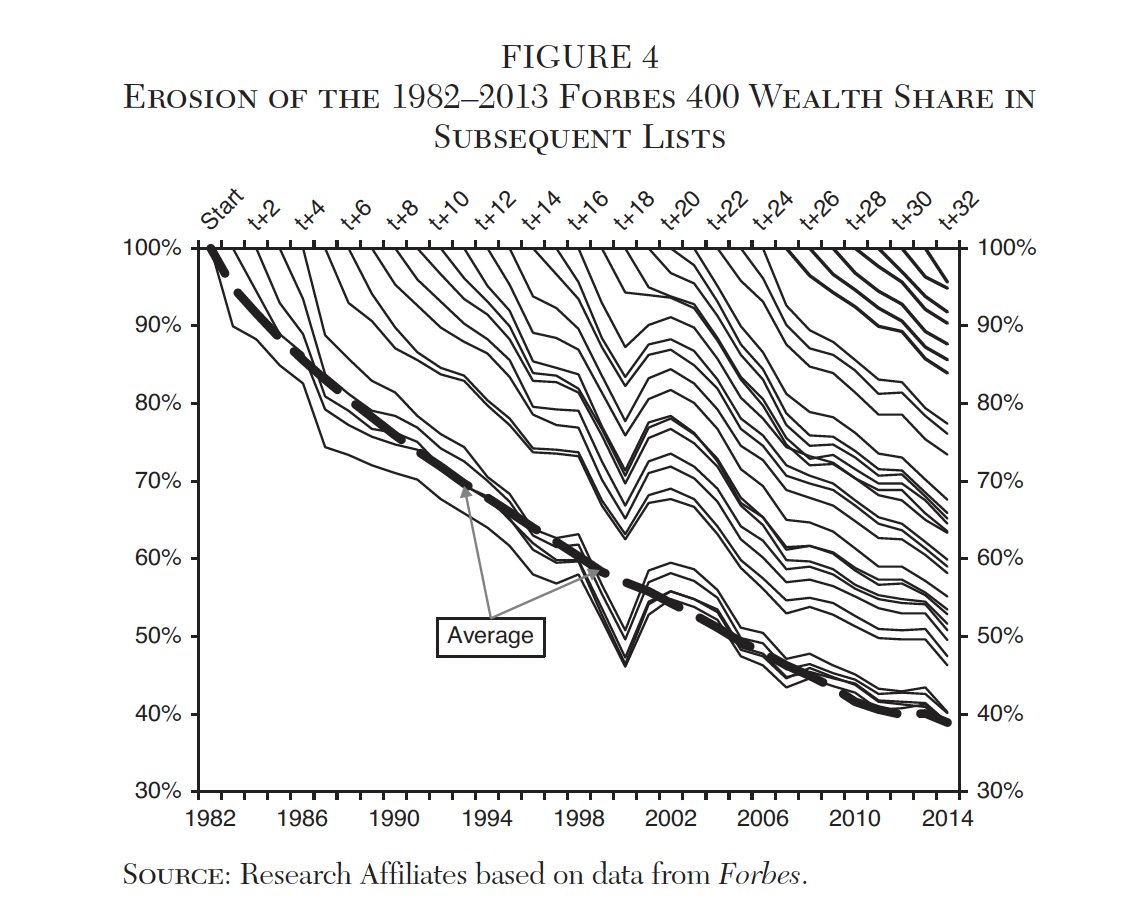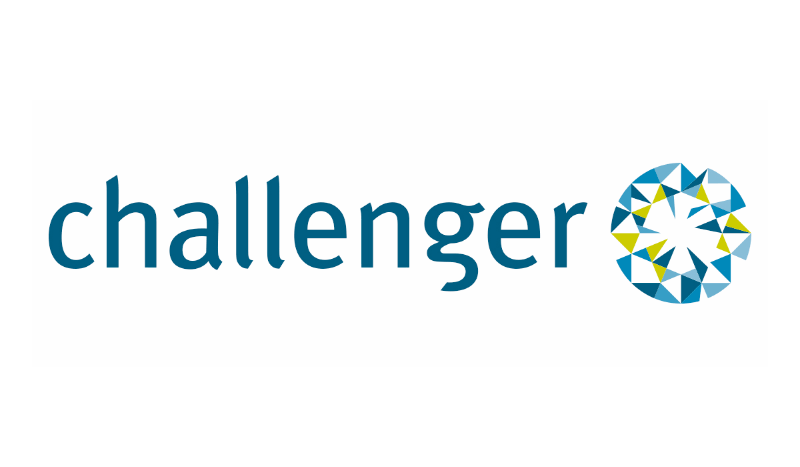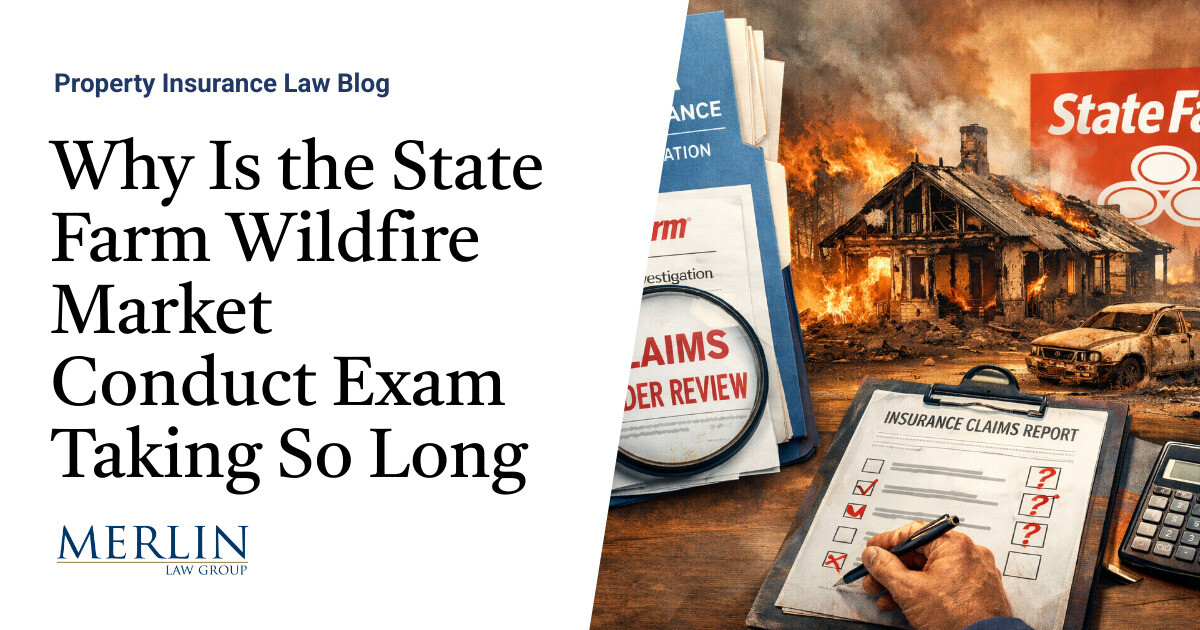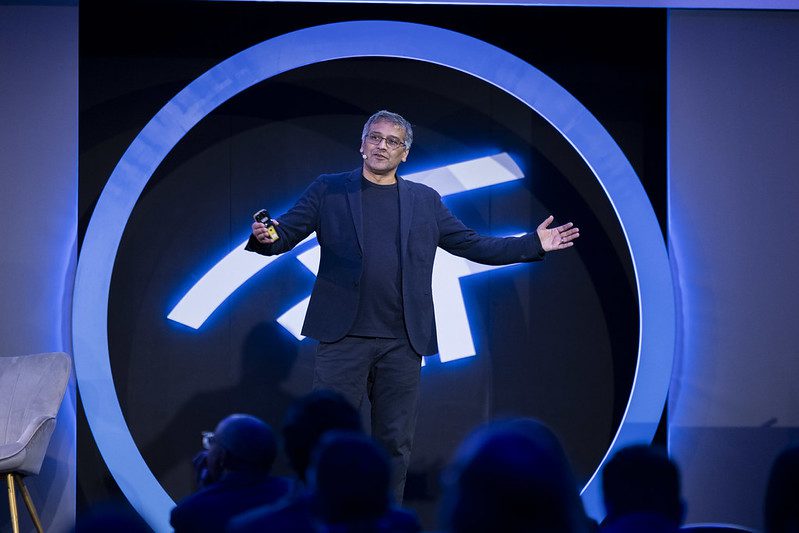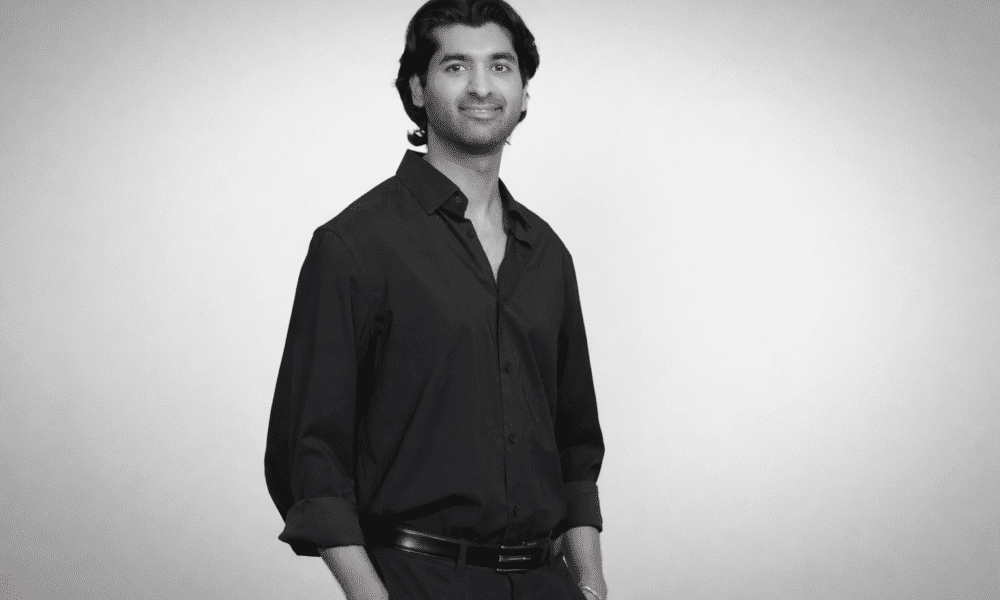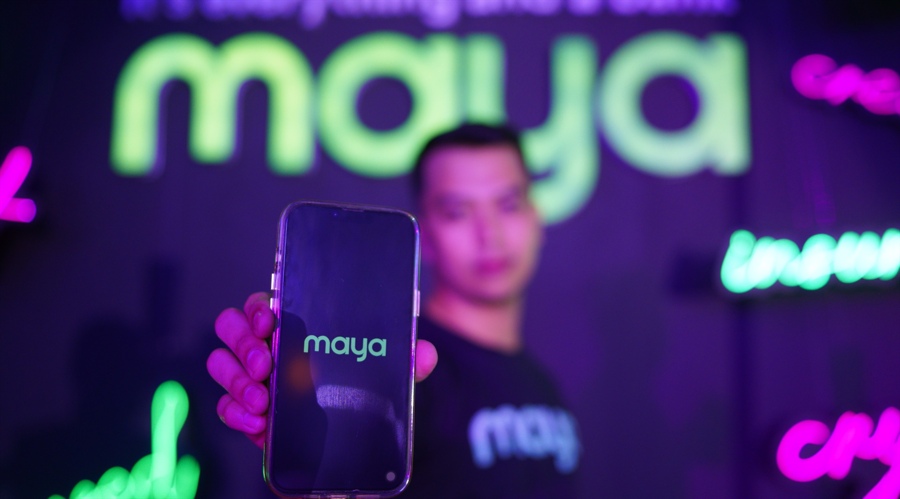Yves here. Richard Murphy discusses a BMJ paper on why droplet dogma remained (and remains) firmly entrenched despite growing and then overwhelming evidence that it was transmitted by aerosols. And droplet theory advocacy is still pervasive. I was just in a meeting1 where someone put up a slide from the WHO with the first anti-Covid as washing your hands. Gah.
The authors of the BMJ article argue for the power of authority structures and ideology.
By Richard Murphy, part-time Professor of Accounting Practice at Sheffield University Management School, director of the Corporate Accountability Network, member of Finance for the Future LLP, and director of Tax Research LLP. Originally published at Tax Research
In the context of the Covid inquiry, I have had my attention drawn to a paper in the British Medical Journal entitled ‘How covid-19 spreads: narratives, counter narratives, and social dramas‘. The paper is by Trisha Greenhalgh, professor of primary care health sciences, Mustafa Ozbilgin, professor of organisational behaviour and David Tomlinson, consultant cardiologist and electrophysiologist.
I won’t summarise the whole paper. Instead, the discussion stood out. In this they summarised their hypotheses when trying to explain why the story that Covid was spread by droplets (meaning that the hand-washing agenda was encouraged) was promoted so hard when it was clear that it was actually aerosol spread – i.e. through the air, meaning that all that hand washing was a near complete waste of time and money.
They put forward three ideas before reaching what, I am sure, is their over-arching conclusion. Those three ideas were that this bias was, firstly, psychological. Early on it was decided that droplet dissemination caused Covid and it was very hard to dislodge that idea once it was embedded in official thinking, at least without embarrassment to those who had promoted it.
Second, there was scientific elitism. There was a lot of science on droplet spread of disease. Those promoting it did not want to hear alternatives. As the authors noted:
The low status of aerosol science in policy circles was perhaps compounded by the relative youth of this scientific field and the inherent technical difficulties of isolating viable virus from the air (resulting in inconsistent findings in air sampling studies, especially when undertaken by non-experts). The science of indoor air quality (for example, how and when to open windows, what kinds of filters to use) might be (wrongly) viewed as unsophisticated compared with much of modern biomedicine.
So, even though Covid was aerosol spread and the answer to its spread was to control the condition of the air that we breathe, that has not happened, even now.
Third, the bias was practical. Something could be done about droplet spread: there was no preparedness for an aerosol spread virus so nothing could be done. The wrong thing was done instead with a false narrative supporting that wrong action.
Finally, there was the fourth reason that I think trumps all the others without dismissing their significance. I will quote the authors:
Our fourth hypothesis is political. Droplet precautions are, at least to some extent, under the control of individuals and hence resonate with neoliberal discourses about individual freedom, personal responsibility, and restraint of the state (although the “choice” to distance physically, for example, presupposes sufficient space in which to do so). Airborne precautions require a paradigm shift in policy making, with strategic actions from those responsible for public safety; this approach aligns with a more socialist leaning political discourse and requires considerable up-front investment in the built environment whose benefits may take years to accrue. The WHO’s tweet emphasises how to protect yourself rather than what to expect of your employer, your child’s school, or your government. Relatedly, we hypothesise a role for populism, the modus operandi of which is cherry picking evidence that supports the policy drive and validating anti-science sentiment under the guise of bringing power to people. Populism drew on public desires to return to normalcy and further marginalised aerosol science by depicting its recommended measures as obscure, unaffordable, and an enemy of the public interest.
In other words, people died because of populist politics that denied the need for government action to tackle Covid because that did not fit the populist narrative that individual rather than collective action is always superior.
I hope this evidence is heard at the Covid inquiry.
____
1 Room was well ventilated, with CO2 readings from a low of 496 to a high of mid 800s. Yours truly of course looked like a nutter wearing an N95 and a personal purifier.










